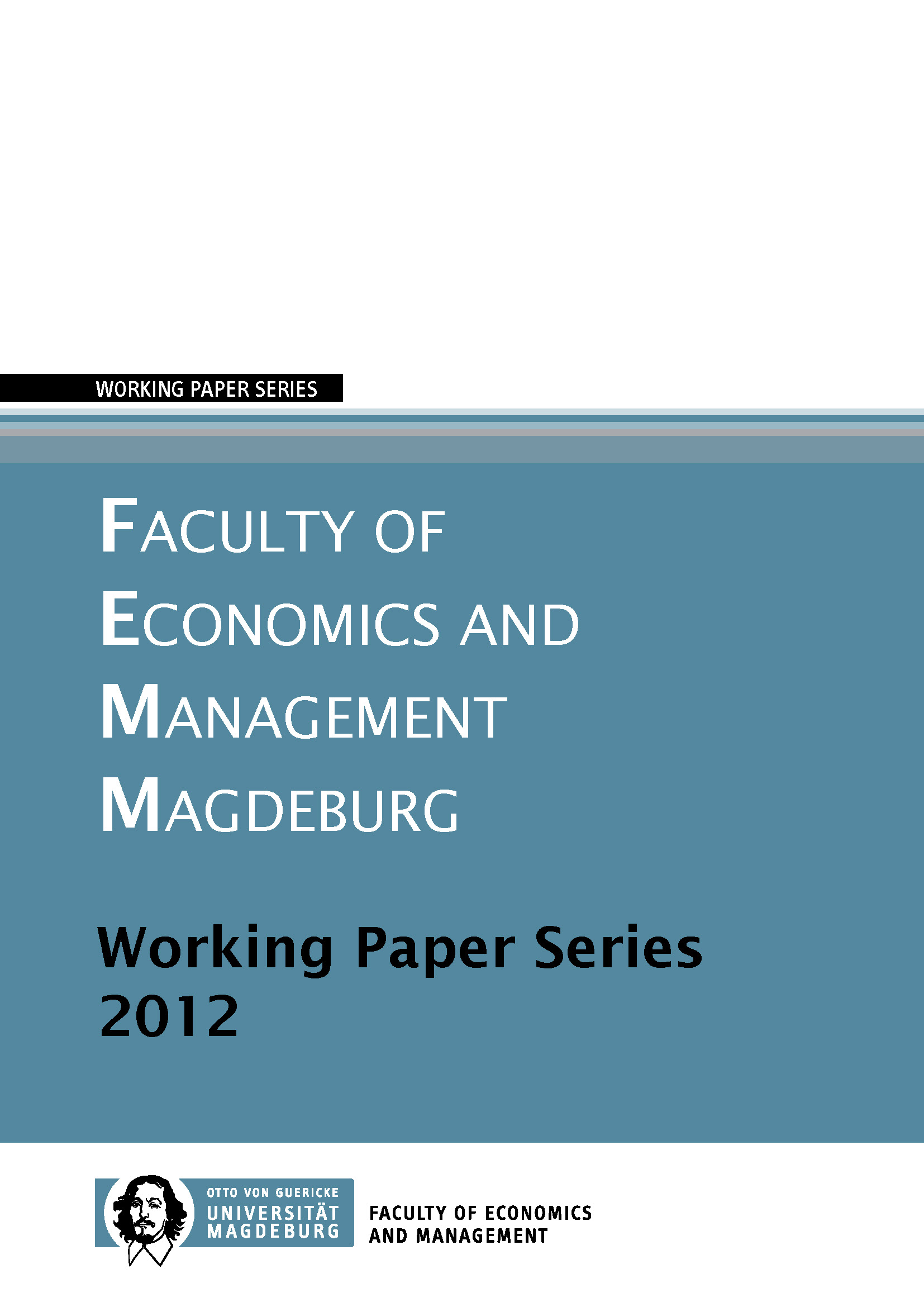The influence of time and money on product evaluations
A neurophysiological analysis
DOI:
https://doi.org/10.24352/UB.OVGU-2018-483Keywords:
time-versus-money effect, priming, product evaluations, insula, functional magnetic resonance imaging (fMRI), consumer neuroscience, decision neuroscienceAbstract
"Time is money" is how a common saying goes, reflecting a widespread assumption in many people's everyday life. It seems that money and time are very similar concepts which might even be exchangeable all together. However, the neurophysiological processes underlying the activation of time or money are not yet completely understood. In order to understand in how far and in which dimensions the concept of time versus the concept of money effects human behavior we enquired the neural differences of the time versus money effect. This paper broadens the understanding of both concepts and investigates the posited distinct mindsets of time and money using functional magnetic resonance imaging (fMRI) technology. A sample of 44 righthanded adults has been analyzed. Our data supports the idea of the existence of two distinct mindsets for time and money. However, contrasting both conditions in one general linear model only a few significant differences have been found. The insula seems to be a crucial locus for the neural difference of both mindsets. Higher insula activation in the time condition suggests stronger urge for the product primed with time.


